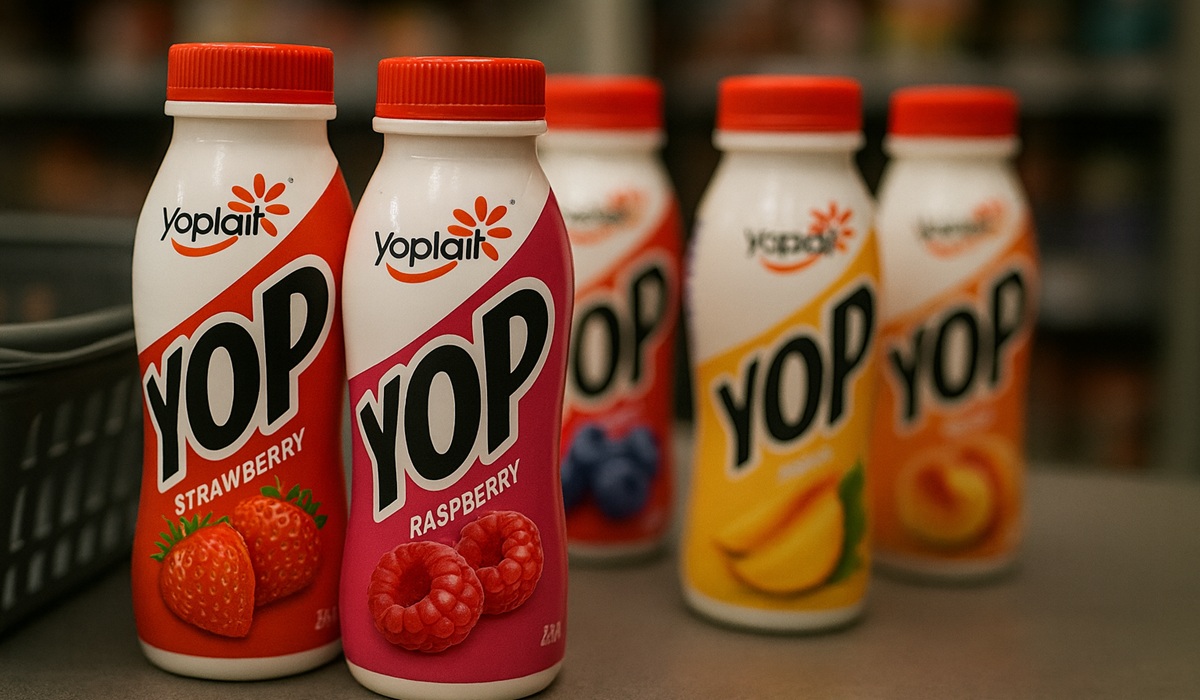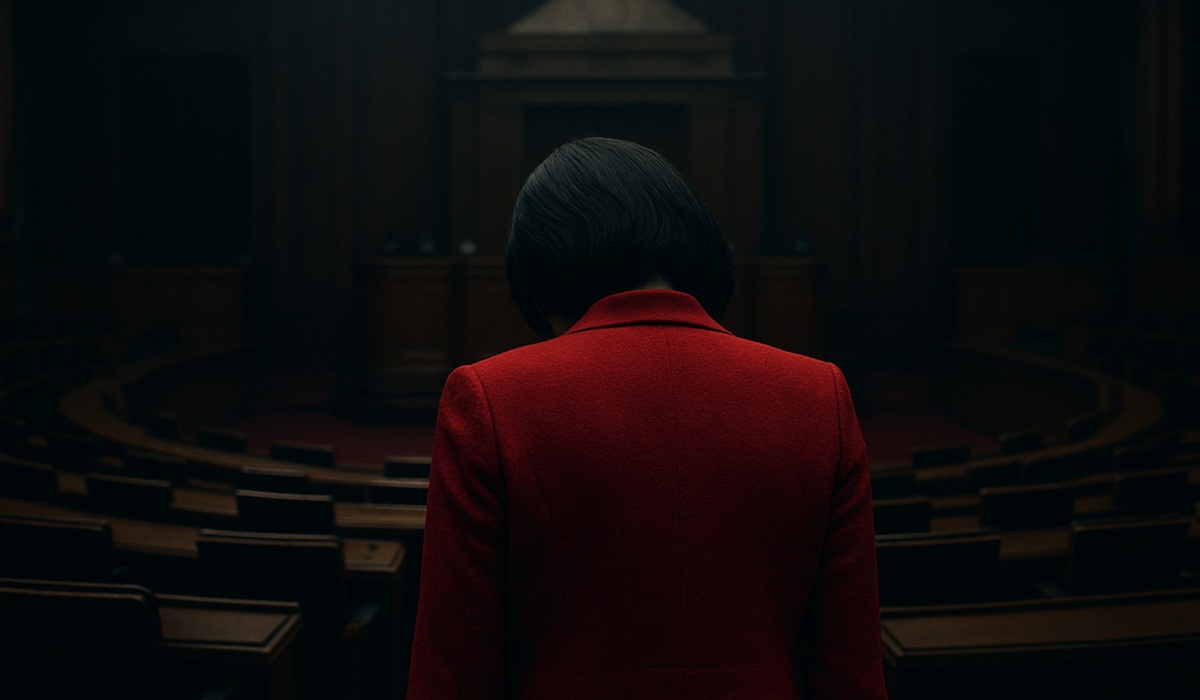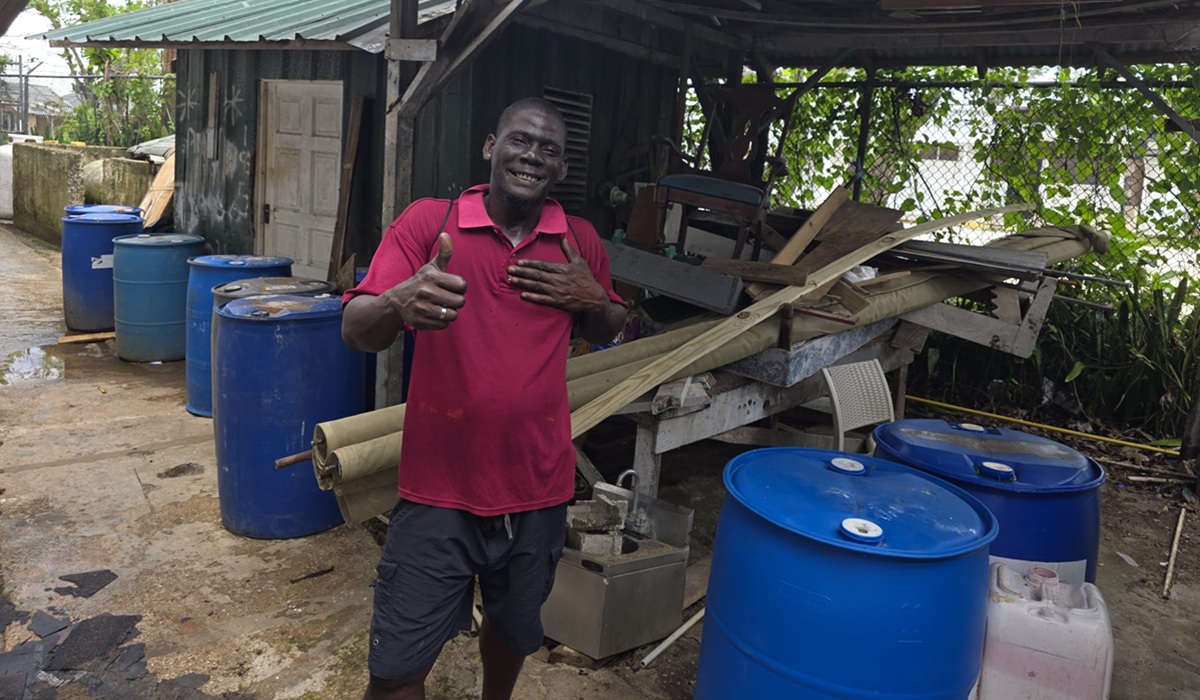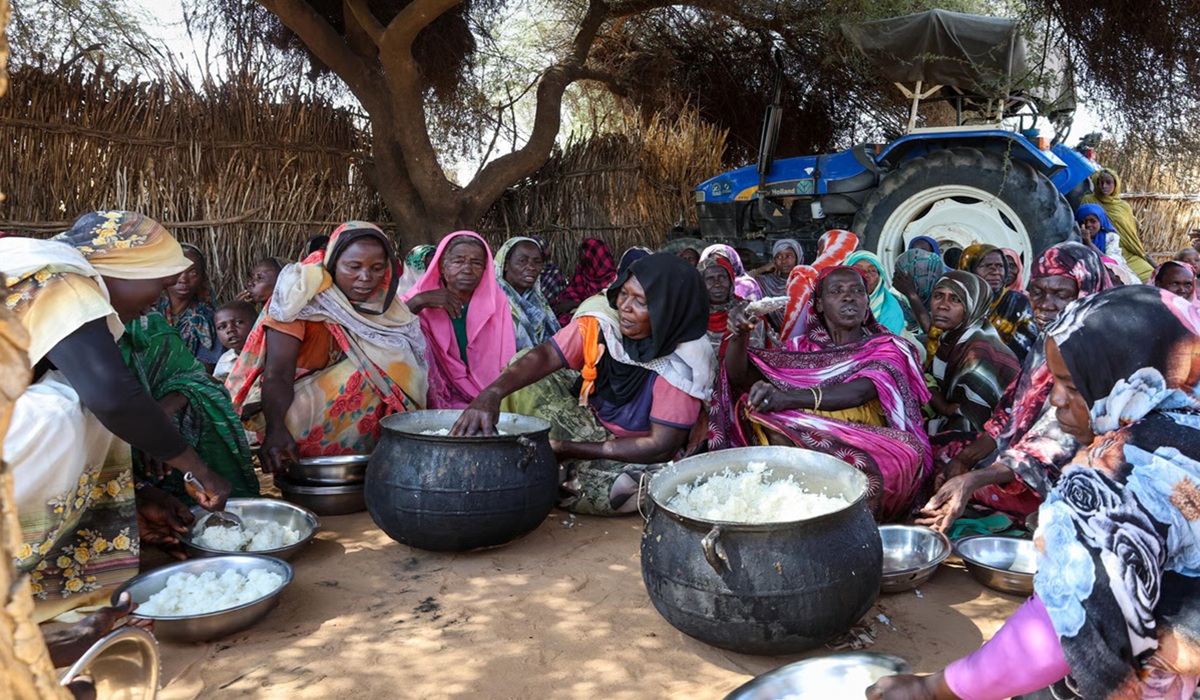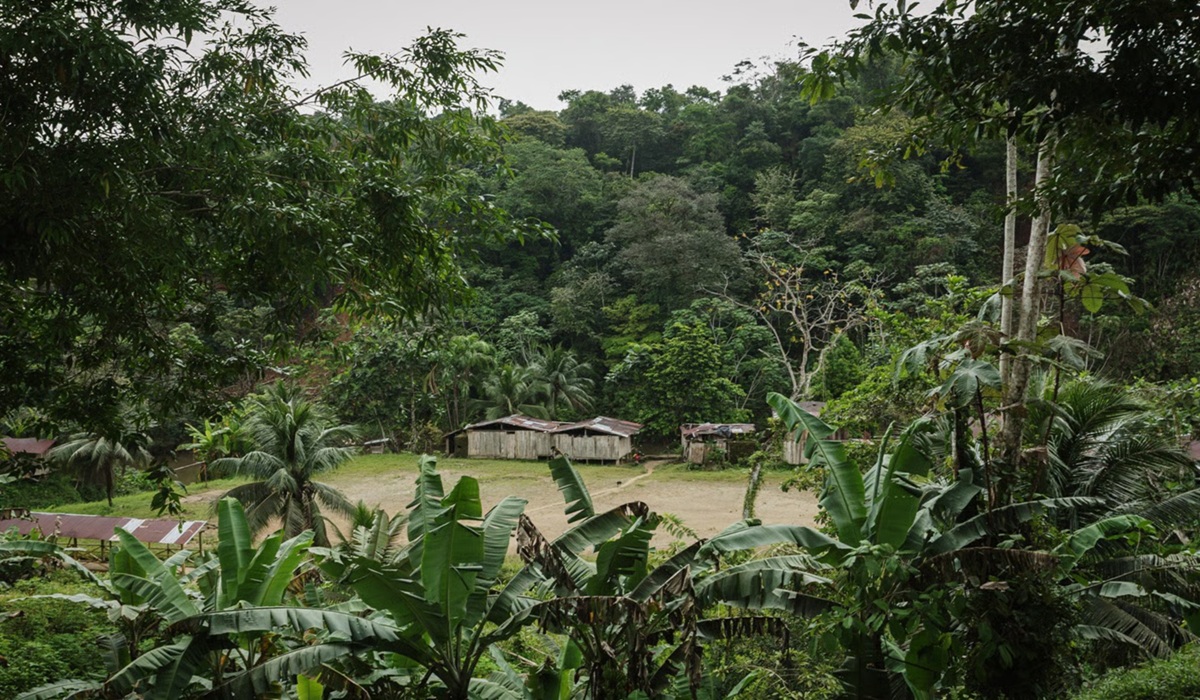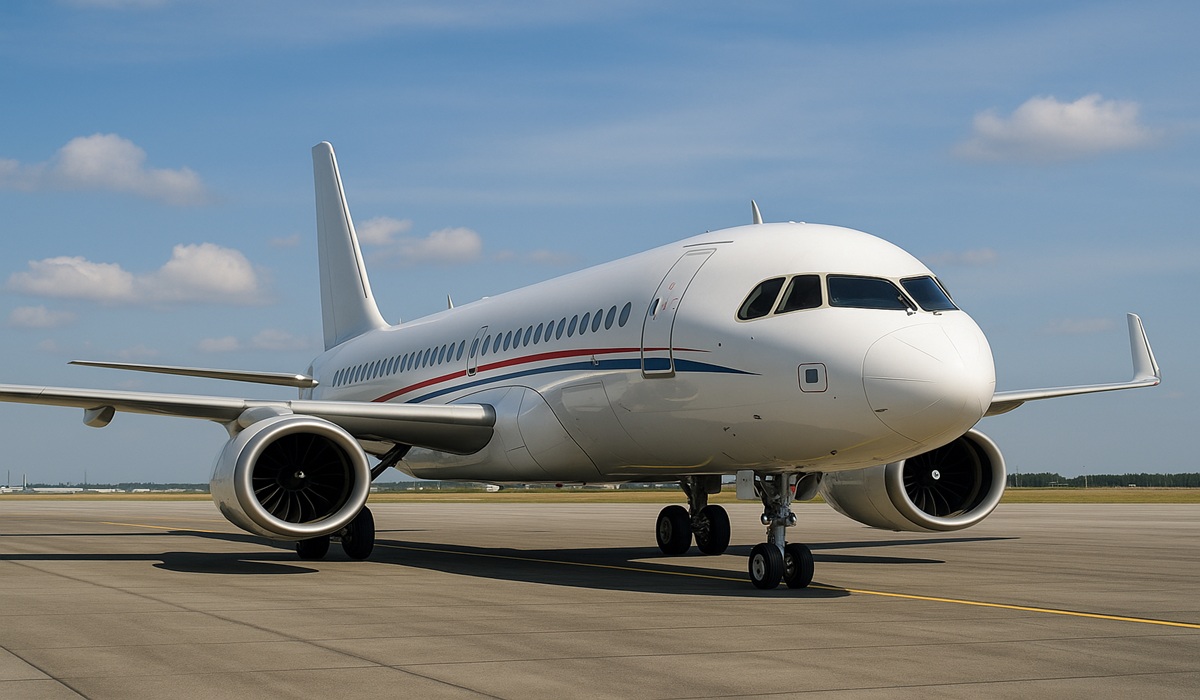The Real War on Africa Is Over Refineries—And the West Is Fighting to Keep It That Way
- TDS News
- Africa
- Trending News
- May 23, 2025
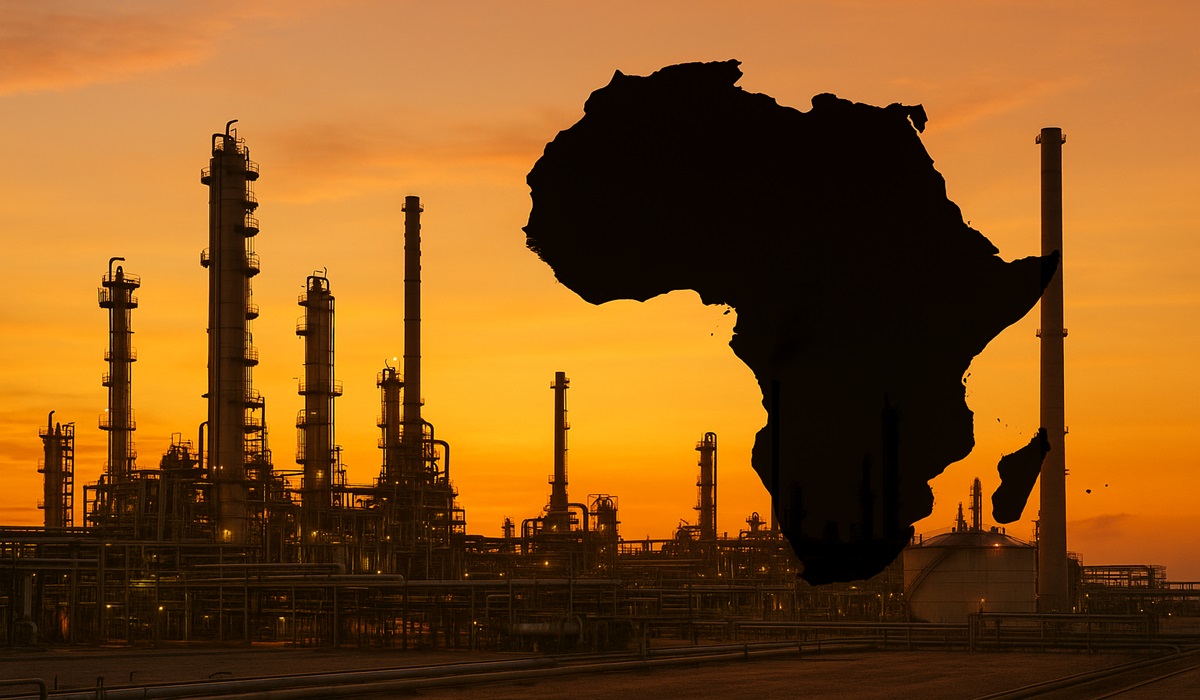
Africa is the wealthiest continent on the planet when it comes to natural resources—period. From the gold and uranium buried deep in Niger, to the cobalt powering your smartphone from the mines of the Democratic Republic of Congo, to the cocoa harvested in Ghana and Ivory Coast, to the endless offshore oil reserves in Nigeria and Angola—there is no global economy without Africa. And yet, despite this staggering abundance, the continent remains shackled by debt, plagued by poverty, and denied even the most basic forms of infrastructure. Why?
Because Africa does not control refinery. And that’s by design.
This is not a story of bad luck, poor governance, or lack of innovation. This is a long-running global conspiracy rooted in colonial economics and enforced through modern-day institutions, deals, and militarized puppetry. It is no accident that African nations are kept from refining and manufacturing their own resources. It is no accident that every attempt to build self-sustaining, vertically integrated industries in Africa is met with sabotage, economic sanctions, political interference, or outright military coups.
Let’s call this what it is: suppression.
The Western world—particularly Europe and North America—has always known that true independence for Africa does not come from holding elections or having a seat at the UN. True independence comes when African nations can extract, refine, manufacture, and export their own resources on their own terms. That would mean wealth. That would mean power. That would mean the end of aid dependency. And that would mean the collapse of a centuries-old profit model built entirely on African exploitation.
This model is simple: Western multinationals pay pennies to extract raw African resources, ship them abroad for processing, and then resell the refined goods back to Africa and the rest of the world at enormous markups. In some cases, a Western company pays a billion dollars to an African government and rakes in $300 billion annually. The disparity is not just economic—it’s criminal.
So when an African nation dares to build its own refinery? When it starts investing in local manufacturing? When it tries to break free from the colonial supply chain? That’s when the gloves come off.
Leaders get overthrown. Sanctions are slapped on. “Democracy concerns” are suddenly raised. The International Monetary Fund and World Bank pull funding. Western media launches smear campaigns. And if none of that works, the West sends in troops—or arms rebel factions to do it for them. We’ve seen this playbook over and over again.
Remember what happened to Libya? Muammar Gaddafi wasn’t just sitting on Africa’s largest oil reserves—he was actively building a pan-African gold-backed currency to free Africa from the grip of the US dollar and the French franc. He was constructing refineries, investing in African infrastructure, and calling for a United States of Africa. Within months, NATO bombs were raining down on Tripoli under the pretense of “humanitarian intervention.” Libya was reduced to rubble, and African sovereignty suffered a massive setback.
The West doesn’t fear African failure—it fears African success.
It fears an Africa that no longer needs to borrow. An Africa that builds its own roads, refines its own oil, processes its own cocoa, and manufactures its own phones. It fears an Africa that stops sending its children to Europe for education because its own universities are world-class. It fears an Africa that trades with itself, builds its own institutions, and refuses to be lectured by countries that themselves built their empires through colonial bloodshed.
And it especially fears an Africa that unites.
This is why organizations like ECOWAS, long thought to represent African economic cooperation, have instead become tools of suppression—quick to impose sanctions on fellow African nations that dare to kick out French troops or reject foreign currency control, but silent on Western exploitation. This is why France still controls the CFA franc, requiring West African nations to deposit their foreign reserves in French banks, robbing them of liquidity and sovereignty. That is economic slavery dressed in diplomatic garb.
But something remarkable is happening. The fire has been lit.
Burkina Faso, Mali, and Niger have shown the world that the chains can be broken. These Sahel nations formed the Alliance of Sahel States (AES), exited ECOWAS, expelled French troops, ditched the CFA franc, and began the process of forming their own African monetary and financial institutions. They are laying the groundwork for true independence, and they are doing so without begging for permission.
Other nations are watching—and moving. Chad. Cameroon. The Ivory Coast. And yes, even Nigeria, long seen as the backbone of ECOWAS and one of the most compromised nations in terms of Western subservience, is facing internal questions about whether it serves its own people or Western markets. Kenya, too, is waking up to the cost of obedience. Africa is no longer asking—it’s acting.
But make no mistake: the road ahead will be brutal.
The enemies of African sovereignty are not just abroad—they are also within. Puppet regimes, bribed elites, and foreign-loyal military officers will continue to serve foreign masters. Institutions like the IMF and World Bank will weaponize debt. Aid will be dangled like a carrot to keep countries from building their own tools. Western intelligence agencies will infiltrate. Propaganda will flow. But the genie is out of the bottle.
Africa must reject the lie that it needs aid. Africa needs investment in its own capacity. It needs machines, not handouts. It needs training, not charity. It needs to mine its own ore, refine its own oil, and turn its own cotton into clothing in African factories, built by Africans, owned by Africans, for Africans.
This is the real revolution. The refinery is not just a factory—it is a symbol of self-determination.
The West has known this all along. That’s why it has done everything in its power to stop it.
But they can’t stop what has already begun.
Africa is rising—not with aid, not with permission, but with refinery.

